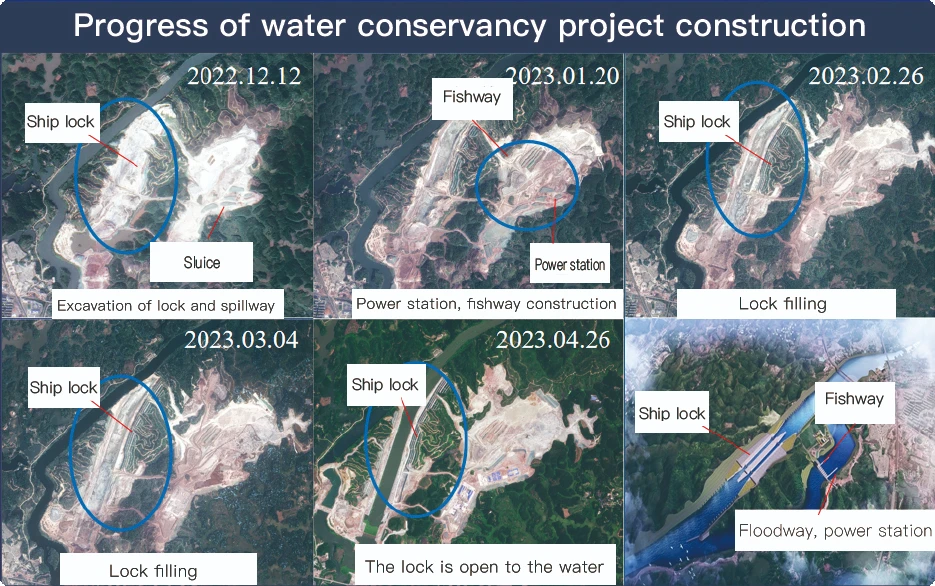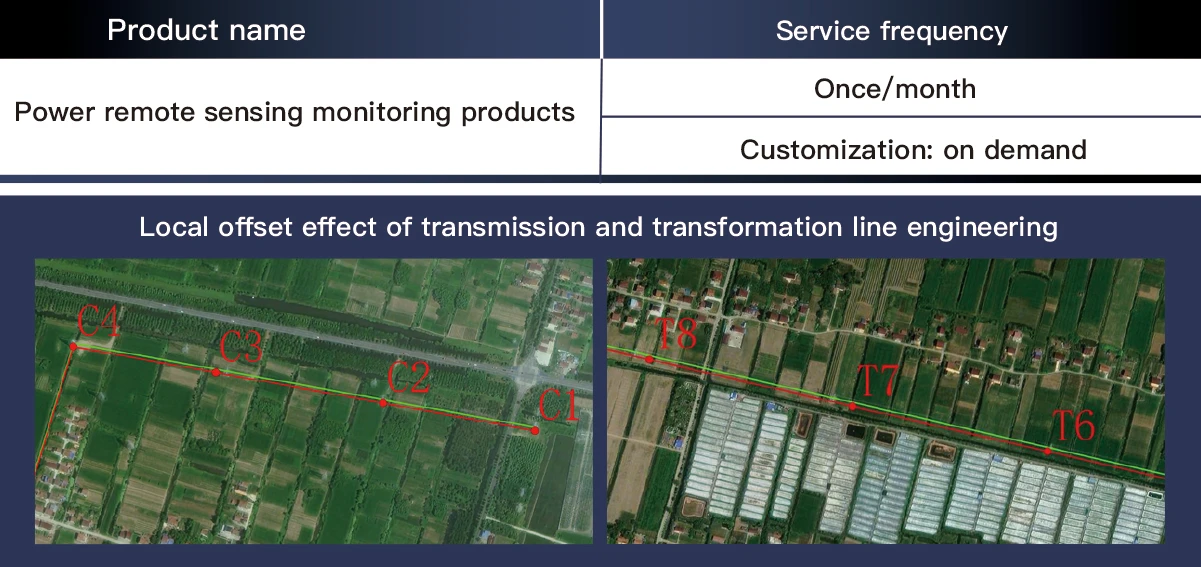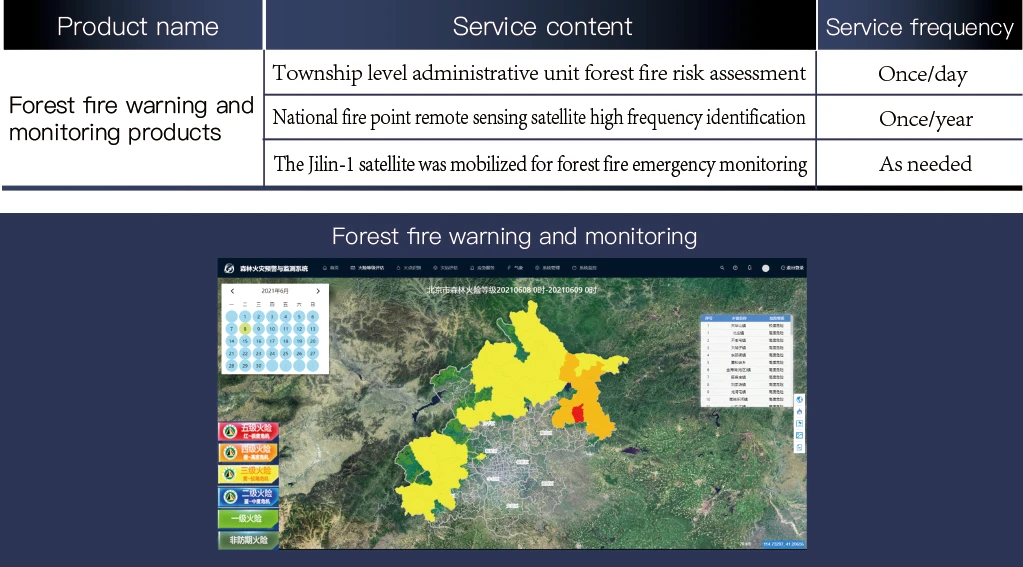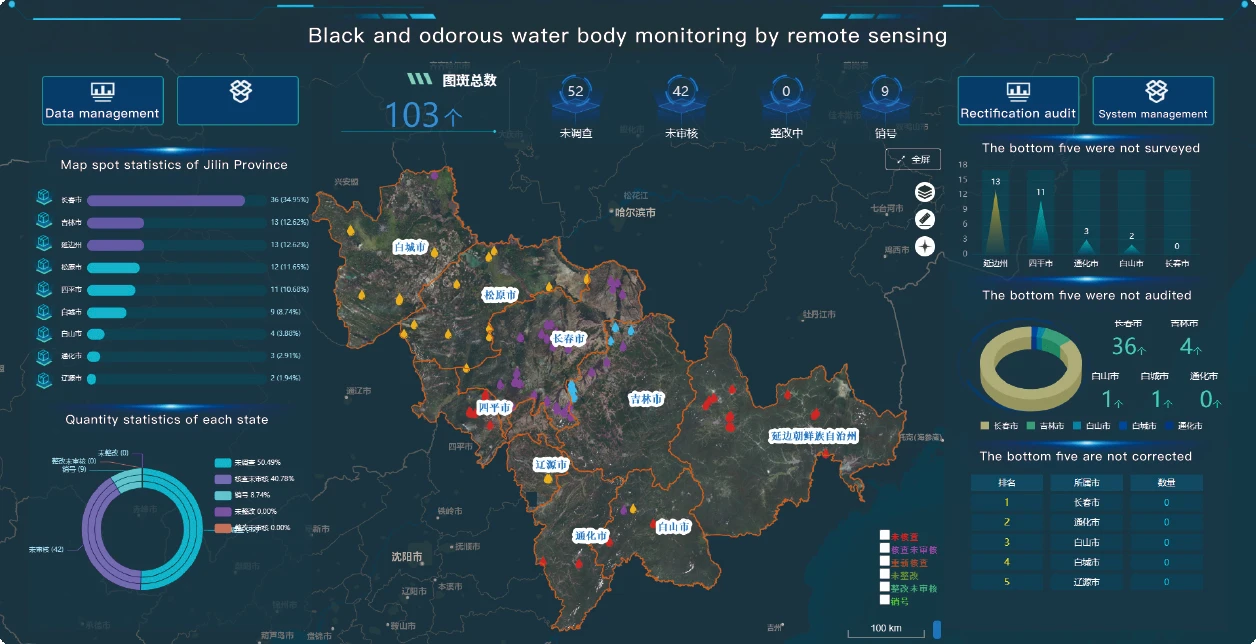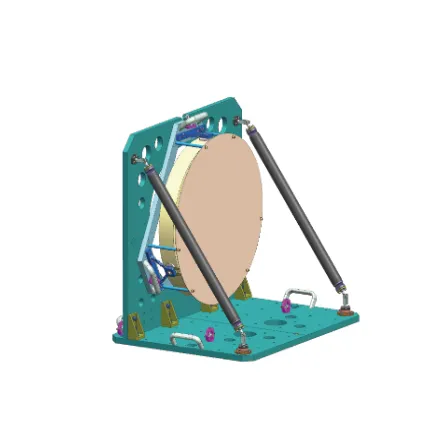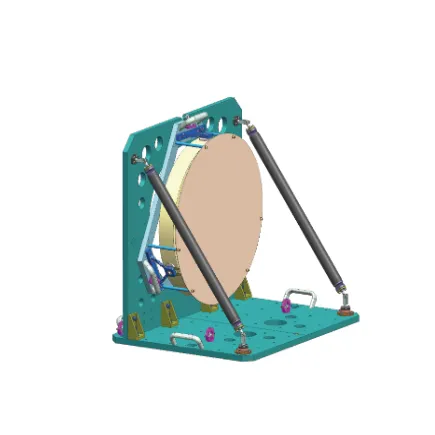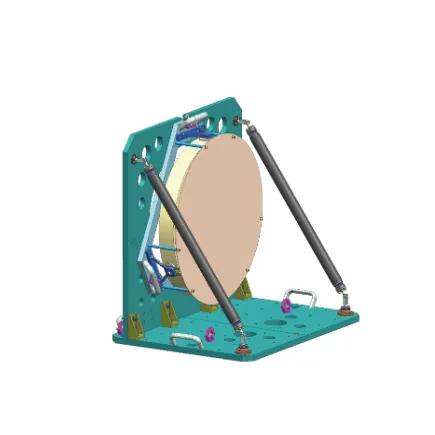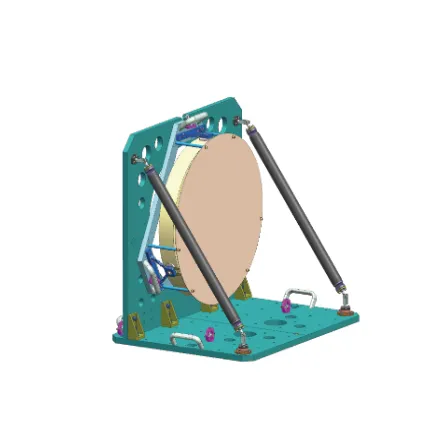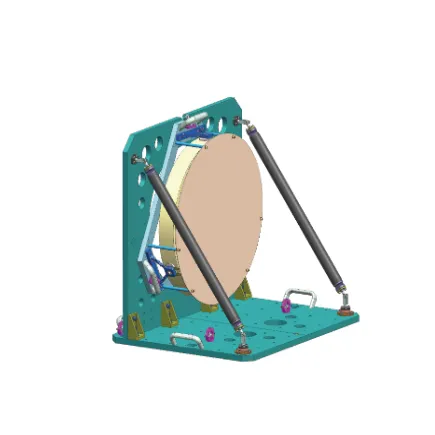
- Afrikaans
- Albanian
- Amharic
- Arabic
- Armenian
- Azerbaijani
- Basque
- Belarusian
- Bengali
- Bosnian
- Bulgarian
- Catalan
- Cebuano
- China
- Corsican
- Croatian
- Czech
- Danish
- Dutch
- English
- Esperanto
- Estonian
- Finnish
- French
- Frisian
- Galician
- Georgian
- German
- Greek
- Gujarati
- Haitian Creole
- hausa
- hawaiian
- Hebrew
- Hindi
- Miao
- Hungarian
- Icelandic
- igbo
- Indonesian
- irish
- Italian
- Japanese
- Javanese
- Kannada
- kazakh
- Khmer
- Rwandese
- Korean
- Kurdish
- Kyrgyz
- Lao
- Latin
- Latvian
- Lithuanian
- Luxembourgish
- Macedonian
- Malgashi
- Malay
- Malayalam
- Maltese
- Maori
- Marathi
- Mongolian
- Myanmar
- Nepali
- Norwegian
- Norwegian
- Occitan
- Pashto
- Persian
- Polish
- Portuguese
- Punjabi
- Romanian
- Russian
- Samoan
- Scottish Gaelic
- Serbian
- Sesotho
- Shona
- Sindhi
- Sinhala
- Slovak
- Slovenian
- Somali
- Spanish
- Sundanese
- Swahili
- Swedish
- Tagalog
- Tajik
- Tamil
- Tatar
- Telugu
- Thai
- Turkish
- Turkmen
- Ukrainian
- Urdu
- Uighur
- Uzbek
- Vietnamese
- Welsh
- Bantu
- Yiddish
- Yoruba
- Zulu
Efficient Industrial Solutions with Mechanical Equipment
In the ever-evolving world of industry and infrastructure, mechanical equipment plays a pivotal role in ensuring efficient operations across sectors. From ventilation systems to refrigeration and heavy-duty machinery, modern industries are increasingly reliant on innovative and high-performance mechanical solutions. These machines not only optimize performance but also support energy efficiency, safety, and long-term sustainability.
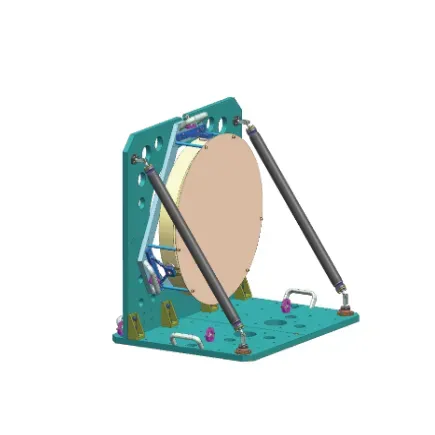
As industries expand and environmental standards become more stringent, the demand for integrated mechanical equipment services and smarter solutions has grown. Companies today require systems that combine functionality, low maintenance, and adaptability across a range of applications.
Innovation and Integration in ERV Mechanical Units
One of the most transformative components in modern ventilation is the ERV mechanical unit. ERV (Energy Recovery Ventilator) systems are designed to transfer heat and moisture between incoming and outgoing air streams, significantly improving indoor air quality while maintaining energy efficiency. These units are particularly important in commercial buildings, manufacturing plants, and institutions where ventilation needs to meet both health standards and energy codes.
An ERV mechanical unit is a smart investment in maintaining a balanced and clean environment, especially in enclosed spaces that lack natural ventilation. By recirculating filtered air and recovering energy, they support better thermal comfort and reduce HVAC costs over time. As part of a broader ventilating equipment strategy, ERVs play a crucial role in meeting sustainability goals.
The Role of Refrigeration Service Tools in Equipment Maintenance
To keep complex mechanical systems running smoothly, industries depend on specialized refrigeration service tools. These tools are essential for the installation, repair, and maintenance of air conditioning and refrigeration systems. From vacuum pumps and manifold gauges to leak detectors and refrigerant recovery machines, they ensure that every component functions optimally.
Regular use of refrigeration service tools also extends the mechanical equipment life expectancy. Proper diagnostics and timely servicing reduce breakdowns, enhance energy efficiency, and ensure consistent performance. Skilled technicians equipped with the right tools can prevent minor issues from escalating into costly repairs, maximizing the value of mechanical assets.
Ventilating Equipment and Indoor Air Management
Good indoor air quality is critical for both human health and system performance. Ventilating equipment such as fans, blowers, ducts, and ERV units are essential in circulating fresh air and controlling humidity and pollutants in various settings—from industrial workshops to high-rise buildings. Well-designed ventilating equipment reduces the accumulation of harmful substances and ensures that machinery and workers operate in a safe environment.
Advanced systems are now integrated with smart controls and sensors that adjust airflow based on occupancy or temperature, reducing energy waste while improving comfort. The integration of ventilating equipment with other HVAC systems also helps companies meet modern regulatory standards more easily.
Enhancing Mechanical Equipment Life Expectancy Through Smart Services
The mechanical equipment life expectancy depends heavily on usage patterns, environmental conditions, and maintenance practices. Well-maintained systems can last decades, whereas neglected equipment often faces premature failure. Regular inspection, cleaning, and calibration not only prevent downtime but also enhance efficiency and safety.
Partnering with professional mechanical equipment services providers allows businesses to implement predictive maintenance strategies, ensuring long-term operational stability. These services often include remote monitoring, performance reporting, and emergency response, creating a comprehensive care package for valuable assets.
Conclusion
The importance of mechanical equipment in modern industries cannot be overstated. Whether it’s improving air quality through ERV mechanical units, performing crucial tasks with refrigeration service tools, or extending system longevity via mechanical equipment services, the focus is always on efficiency, sustainability, and performance. As businesses continue to evolve, adopting smarter, integrated mechanical systems is key to staying competitive and compliant in today’s dynamic industrial landscape.

